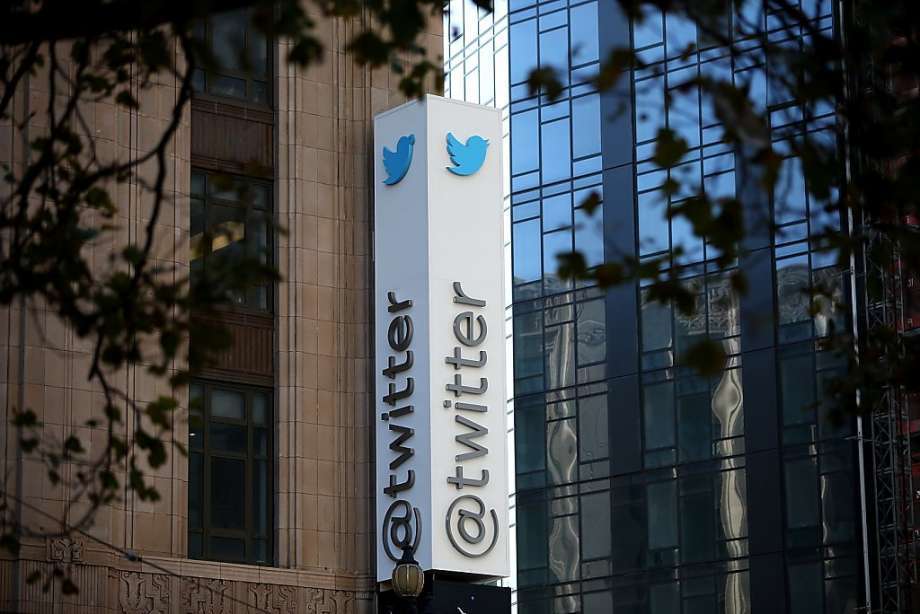In the Guardian, Oliver Burkeman examines the social, psychological, and technological factors that not only make online “debate” so toxic, but that keep us coming back to it even though we know it’s counterproductive. Burkeman calls this phenomenon “the Vortex”—the “the psychological whirlpool” that social media draws us into despite the fact that it tends to produce only anxiety and outrage in us. Read an excerpt from Burkeman’s piece below, or the full text here.
The most basic characteristic of the Vortex is a fundamental disingenuousness about what it is we’re doing when we visit social media forums to engage in political debate – a disingenuousness no less evident in the output of many professional pundits and columnists. We may tell ourselves we’re there to inform people, or to get informed, or to try to persuade those who disagree with us. Much of the time, though, our real motives emerge from the phenomenon psychologists call “in-group bias”. We want to telegraph our good standing as members of certain groups to other members of those groups: the anti-Trump resistance, say, or people who think Brexit is lunacy, or opponents of homophobia, and so on. We want to feel the warm sense of bonding that arises from endorsing a fellow group member’s opinions, or best of all from having our own opinions endorsed, through “likes” or other positive feedback. If the world is going to hell in a handcart, we at least want to feel we’re travelling in a big group of friends. Finally, and perhaps most importantly, we want to make those who don’t belong to our portfolio of in-groups feel bad: to shame them, or just to wind them up.
